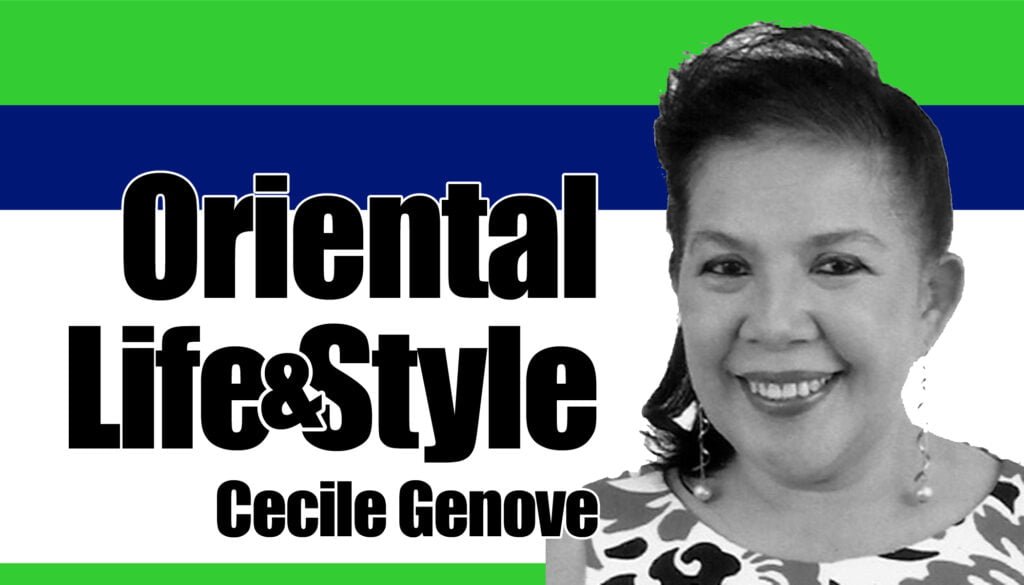
Foundation University played host on the last of the four-day celebration of the Regional Science, Technology, and Innovation Week (RSTW) for Central Visayas on September 23 at the Sofia Soller Sinco Hall. The culminating activity was the Regional Research, Development, and Innovation Congress on Blue Economy Development.
Done in partnership with the Department of Science and Technology (DoST) regional and provincial offices, the congress highlighted the various science and technology interventions for the advancement of the blue economy
DoST Negros Oriental Provincial Director Atty. Gilbert Arbon said the partnership with Foundation University is auspicious as the higher education institution is known for her concern and conservation of natural resources, encompassing land, air, and water.
Arbon said the RSTW’s aim to promote blue economy this year is relevant, with the theme: “Siyensiya, Teknolohiya, at Inobasyon, Kabalikat sa Matatag, Maginhawa at Panatag na Kinabukasan” with the sub-theme, “Creating and protecting wealth for a sustainable blue economy.”
The opening ceremony on September 20 at Robinsons Place Dumaguete was attended by Science and Technology Secretary Renato Solidum and officials from Foundation University led by Arch. Victor Vicente “Dean” Sinco, president.
In 2019, the National Academy of Science and Technology (NAST) said the blue economy has a potential value of $900 billion, which could propel the nation into progress. This covers marine–based economic activities such as fisheries, marine tourism, and shipbuilding.
According to the World Health Organization, blue economy is the “sustainable use of ocean resources for economic growth, improved livelihoods, and jobs while preserving the health of the ocean ecosystem.”
“We are benefitting from the blue economy whenever we buy fish from the market or a can of sardines or when we go to the beach as tourists or buy salt. We get wealth from the sea in terms of fisheries, aquaculture, seaweeds, and salt. It’s not just the raw materials, naa pay processing. Gi-manufacture pa na. Gi-process pa into canned goods (It’s not just the raw materials, but these also involve manufacturing and processing of these materials into canned goods),” Arbon said.
Aside from this, the tourism sector can also take advantage of the blue economy as tourists going to renowned dive sites in the province, such as Apo Island that can also generate revenues for the local economy.
Arbon also noted the importance of striking a balance between harnessing the potential of the country’s marine resources for development and environmental preservation.
“We have to have sustainable development because we cannot keep on extracting resources and not expecting adverse effects. There have been efforts like the USAID’s Fish Right Program. Otherwise, there would be no more fish left. We really welcome that approach,” he said.
The provincial DoST director also hopes that there will be a department-level organization in the government that would solely look into the country’s marine, coastal, and other aquatic resources, including ocean thermal energy and other assets, to better manage the country’s blue economy.
The celebration was highlighted by the launching of the STARBOOKs Nature App on opening day. STARBOOKS or the Science and Technology Academic and Research-Based Openly Operated Kiosks, a project of the DoST-Science and Technology Information Institute (STII), is an offline science library-in-a-box containing thousands of digital resources on science, technology, engineering, and mathematics (STEM) that are easily retrievable.
STARBOOKS NATURE is a customized, environment-oriented version of STARBOOKS. It is designed to be an interactive and tourist-friendly information kiosk.
Moreover, the DoST Science Education Institute (SEI)’s learning bus called “nuLAB” also visited Dumaguete City as part of the celebration to provide an interactive, state-of-the-art learning experience for Senior High School students.
The “nuLAB” features modules on oceanography, science media literacy, entomology, and environmental science, among others, to further raise students’ knowledge on these subjects.
Among the experts who discussed their presentations at Foundation University were Dr. Michael Lochinvar Sim Abundo, chief executive officer of OceanPixel Pte Ltd. In Singapore; Dr. Jonathan Maglasang, director for research and development of Cebu Technological University, Cebu City; Dr. Tristan Abando, assistant regional director for technical operations of DoST Region 7; Engr. Jesus Zamora Jr., regional director of DoST Region 7; and Dr. Ben Malayang III, former Undersecretary of Environment and Natural Resources and principal investigator of the USAID’s Fish Right Program. | NWI




